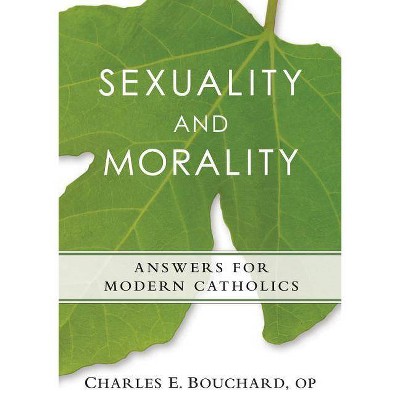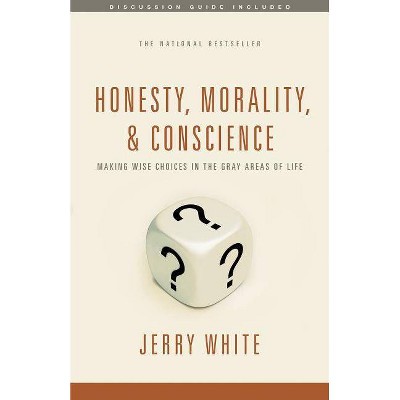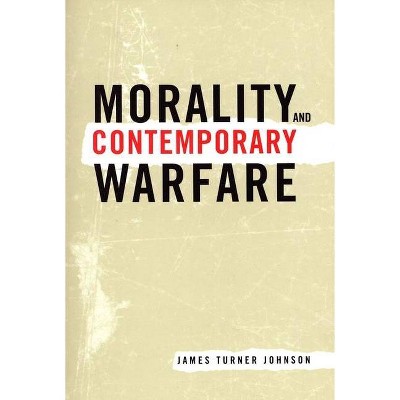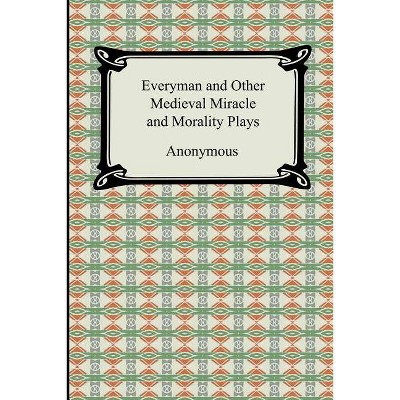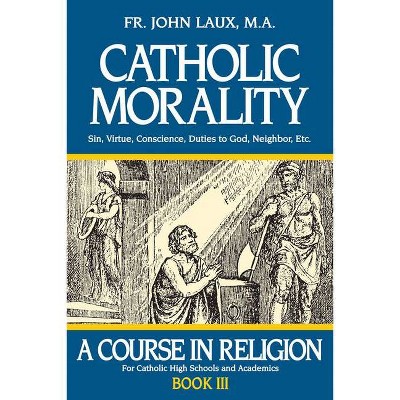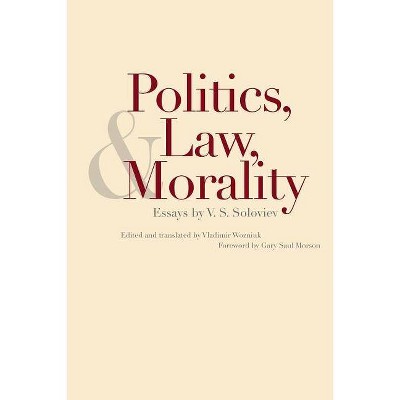Media and Morality - by Roger Silverstone (Paperback)
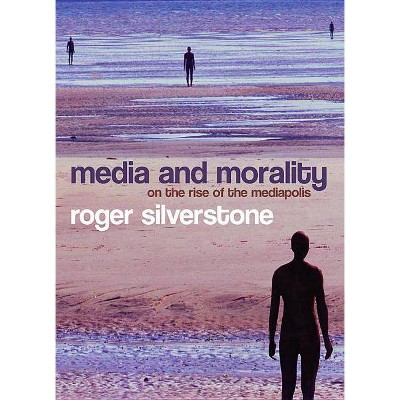
Similar Products
Products of same category from the store
AllProduct info
<p/><br></br><p><b> Book Synopsis </b></p></br></br>Roger Silverstone's compelling new book places the global media at the heart of the moral future of civilisation. It argues that the media (the press, broadcasting, the Internet and increasingly peer-to-peer technologies and networks) have a profound significance for the way in which the world is understood by its citizens. It also argues that without a clear understanding of that significance, and without a critique of the way in which the media go about their daily business, we are likely to see an erosion in the capacity of human beings to understand and respect each other, especially those whom they see and hear only in their mediation. <br /> <br /> In a world of increasing polarisation and demonisation, the media have a powerful role to play. They can reinforce or they can challenge that polarisation. The book proposes that we should think of the global media as a mediapolis, a single space of political and social communication, in which the basis for the relationships between neighbours and strangers can be either constructed or destroyed. The mediapolis is a moral space, a space of hospitality, responsibility, obligation and judgement. And questioning its present and future requires attention to issues of media justice, media literacy and media regulation. <br /> <br /> Media and Morality is essential reading for all students and scholars of the media but will be of equal fascination to anyone interested in the workings of our modern world.<p/><br></br><p><b> From the Back Cover </b></p></br></br>Roger Silverstone's compelling new book places the global media at the heart of the moral future of civilisation. It argues that the media (the press, broadcasting, the Internet and increasingly peer-to-peer technologies and networks) have a profound significance for the way in which the world is understood by its citizens. It also argues that without a clear understanding of that significance, and without a critique of the way in which the media go about their daily business, we are likely to see an erosion in the capacity of human beings to understand and respect each other, especially those whom they see and hear only in their mediation. <p>In a world of increasing polarisation and demonisation, the media have a powerful role to play. They can reinforce or they can challenge that polarisation. The book proposes that we should think of the global media as a mediapolis, a single space of political and social communication, in which the basis for the relationships between neighbours and strangers can be either constructed or destroyed. The mediapolis is a moral space, a space of hospitality, responsibility, obligation and judgement. And questioning its present and future requires attention to issues of media justice, media literacy and media regulation.</p> <p><i>Media and Morality</i> is essential reading for all students and scholars of the media but will be of equal fascination to anyone interested in the workings of our modern world.</p><p/><br></br><p><b> Review Quotes </b></p></br></br><br>[An immensely] complex and densely argued book. At the same time, it is intuitively in tune with many lay people, and possibly increasing numbers of journalists.<br /> <p><b>Michael Bromley, <i>Australian Journalism Review</i></b><br /> </p> <p>What a wonderful book! A thoughtful and convincing narrative, theoretically enlightening, and explaining the necessary question: how is the medialized cosmopolitan public sphere - the mediapolis - possible? A new Habermas! A new cosmopolitan critical theory of the emerging global civil society and its contradictions.<br /> </p> <p><b>Ulrich Beck, <i>University of Munich</i></b><br /> </p> <p><br /> </p> <p>This is a very intelligent and original book by one of the most consistently interesting writers on the media. It is the most penetrating discussion of the moral challenges posed by our relationship to modern media systems, technologies and institutions that I have read to date. Roger Silverstone tackles big and complex issues here which go quite beyond what has come to be regarded as the normal agenda of "media ethics". In doing so he generates some original and I believe powerful analytical concepts which should begin to establish the new moral-critical agenda that he rightly judges to be so lacking in contemporary media studies.<br /> </p> <p><br /> </p> <p><b>John Tomlinson, <i>Nottingham Trent University</i></b><br /> </p> <p><br /> </p> <p>Roger Silverstone's delicate meditation offers a guide to the perplexed for the citizen-audiences of the emerging global media sphere. Confronting a full agenda of problems facing humanity such as terrorism, theologico-military empires, and the proper distance toward minorities in an integrating world, Silverstone finds splinters of hope in the contradictory mess of mediated life today. The fact that media somehow bring the world together in a space of appearance, he argues in a style that is at once critical, nuanced, and bold, is enough to encourage us to think of media and morality in the same thought.<br /> </p> <p><b>John Durham Peters, <i>University of Iowa</i></b></p><br><p/><br></br><p><b> About the Author </b></p></br></br><b>Roger Silverstone</b> was formerly Professor of Media and Communications at the London School of Economics and Political Science.
Price History
Price Archive shows prices from various stores, lets you see history and find the cheapest. There is no actual sale on the website. For all support, inquiry and suggestion messages communication@pricearchive.us
